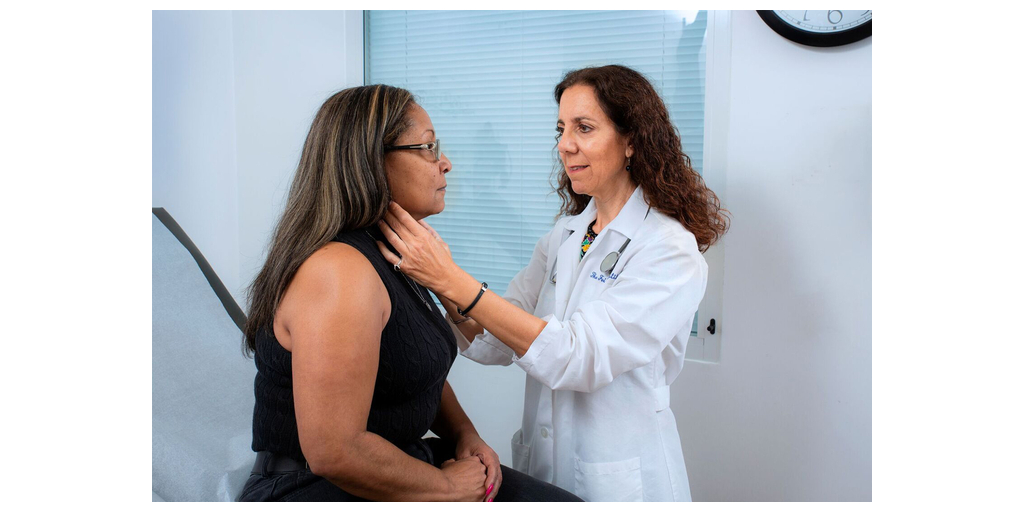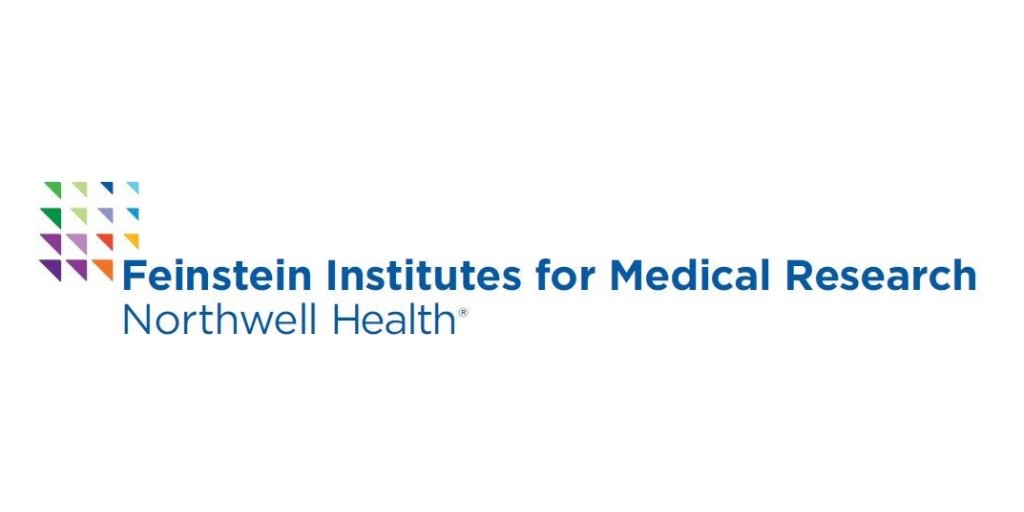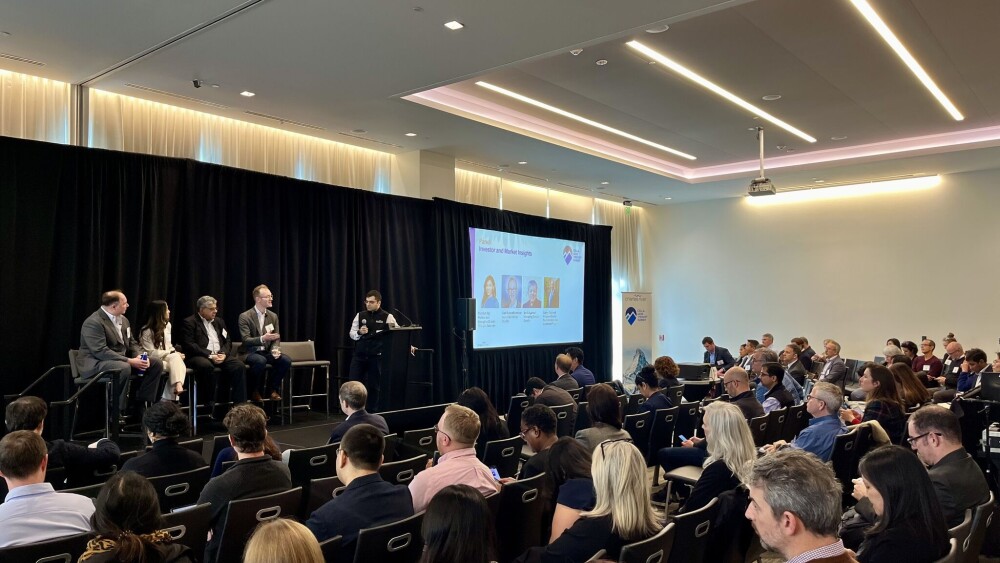Dr. Cynthia Aranow receives an inaugural $450,000 LRA Translational Bridge Award to launch new vagus nerve stimulation trial, building on previous research
MANHASSET, N.Y.--(BUSINESS WIRE)--Systemic lupus erythematosus (SLE) is a chronic autoimmune disease that causes painful inflammation throughout the body. To study the therapeutic potential of non-invasive vagus nerve stimulation (VNS) to curb lupus-related pain and fatigue, Cynthia Aranow, MD, professor in the Institute of Molecular Medicine at The Feinstein Institutes for Medical Research, has been awarded the Lupus Research Alliance (LRA) inaugural Translational Bridge Award for $450,000 over two years. This new project builds upon her previous clinical trial, which showed promising results for using transcutaneous, through the ear, VNS to reduce pain and fatigue in lupus patients.
“Joint and muscle pain, as well as fatigue, are common and debilitating symptoms of systemic lupus erythematosus that significantly affect quality of life,” said Dr. Aranow. “Our previous research showed that vagus nerve stimulation significantly reduced pain and fatigue associated with lupus, and this new grant from the LRA will allow us to build on our work and move bioelectronic medicine therapy closer to patients who urgently need new treatment options.”
The pilot, single-site trial will involve 18 participants who will receive daily, brief stimulation to the vagus nerve for a period of 28 days. The study will evaluate changes in pain levels and fatigue and explore how this type of stimulation might work to reduce these symptoms. Participants will be monitored for an additional 28 days after the stimulation period to assess the treatment’s lasting effects. Researchers will monitor blood biomarkers and the effects of stimulation on the gut microbiome and function, including its impact on intestinal permeability (leaky gut), which is linked to the vagus nerve, also known as the gut-brain axis.
“Bioelectronic medicine holds the unique potential to treat many debilitating and painful autoimmune and inflammatory diseases,” said Kevin J. Tracey, MD, president and CEO of the Feinstein Institutes and Karches Family Distinguished Chair in Medical Research. “Dr. Aranow’s new clinical trial, building off her previous work, explores vagus nerve stimulation to relieve the symptoms of lupus. This research is much needed and offers hope to millions of people seeking relief.”
Dr. Aranow’s VNS research adds to the growing number of clinical trials being offered at the Feinstein Institutes in the field of bioelectronic medicine including those looking at VNS to treat inflammatory bowel disease in children and adults, post-traumatic stress disorder, and hemorrhaging and bleeding disorders, among others. Her work has the potential to help change the way lupus pain and fatigue are managed, offering renewed hope for improved quality of life for countless individuals.
The Feinstein Institutes for Medical Research is the global scientific leader in bioelectronic medicine and vagus nerve stimulation, where medical researchers use modern technology to develop new device-based therapies to treat disease and injury. Built on decades of research, the field of bioelectronic medicine integrates insights from neuroscience, molecular medicine, and biomedical engineering, and researchers at the Feinstein Institutes leverage the connection between the brain and the immune system to develop bioelectronic medicine interventions.
The discovery that initiated the field of bioelectronic medicine – called the “inflammatory reflex” – was made more than 20 years ago by Dr. Tracey. This discovery emerged from studies on vagus nerve signaling and showed that the brain and body communicate to regulate inflammation and that, if uncontrolled, inflammation could lead to disease. Today, engineers, computer scientists, immunologists, neuroscientists, and clinicians develop cutting-edge medicine, including neuroimmune modulation, miniature implants for stimulating and recording the vagus nerve, noninvasive ultrasound neuromodulation to suppress inflammation, and novel brain-computer interfaces to overcome injuries of the nervous system. These collaborative efforts converge to create personalized, precise treatments that hold promise in treating acute and chronic diseases, often with fewer side effects compared to current therapies. These treatments have the potential to enhance or replace existing treatments across a range of conditions such as arthritis, heart disease, inflammatory bowel diseases, diabetes, cancer, and autoimmune disorders. By producing bioelectronic medicine knowledge, disease and injury could one day be treated by our own nerves without costly and potentially harmful pharmaceuticals.
About the Feinstein Institutes
The Feinstein Institutes for Medical Research is the home of the research institutes of Northwell Health, the largest health care provider and private employer in New York State. Encompassing 50 research labs, 3,000 clinical research studies and 5,000 researchers and staff, the Feinstein Institutes raises the standard of medical innovation through its six institutes of behavioral science, bioelectronic medicine, cancer, health system science, translational research, and molecular medicine. We make breakthroughs in health condition, including endometriosis, lupus, postpartum depression, schizophrenia, sepsis. We are the global scientific leader in bioelectronic medicine – an innovative field of science that has the potential to revolutionize medicine. For more information about how we produce knowledge to cure disease, visit http://feinstein.northwell.edu and follow us on LinkedIn.
Contacts
Matthew Libassi
631-793-5325
mlibassi@northwell.edu








